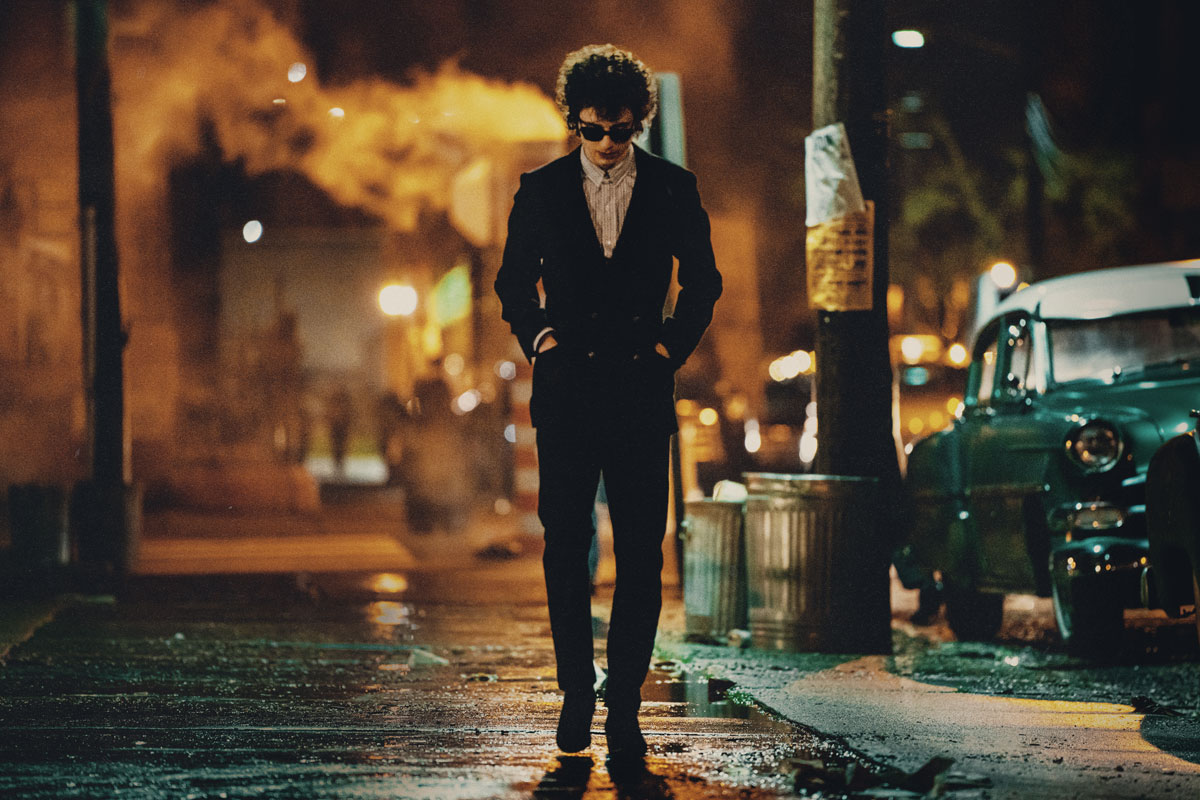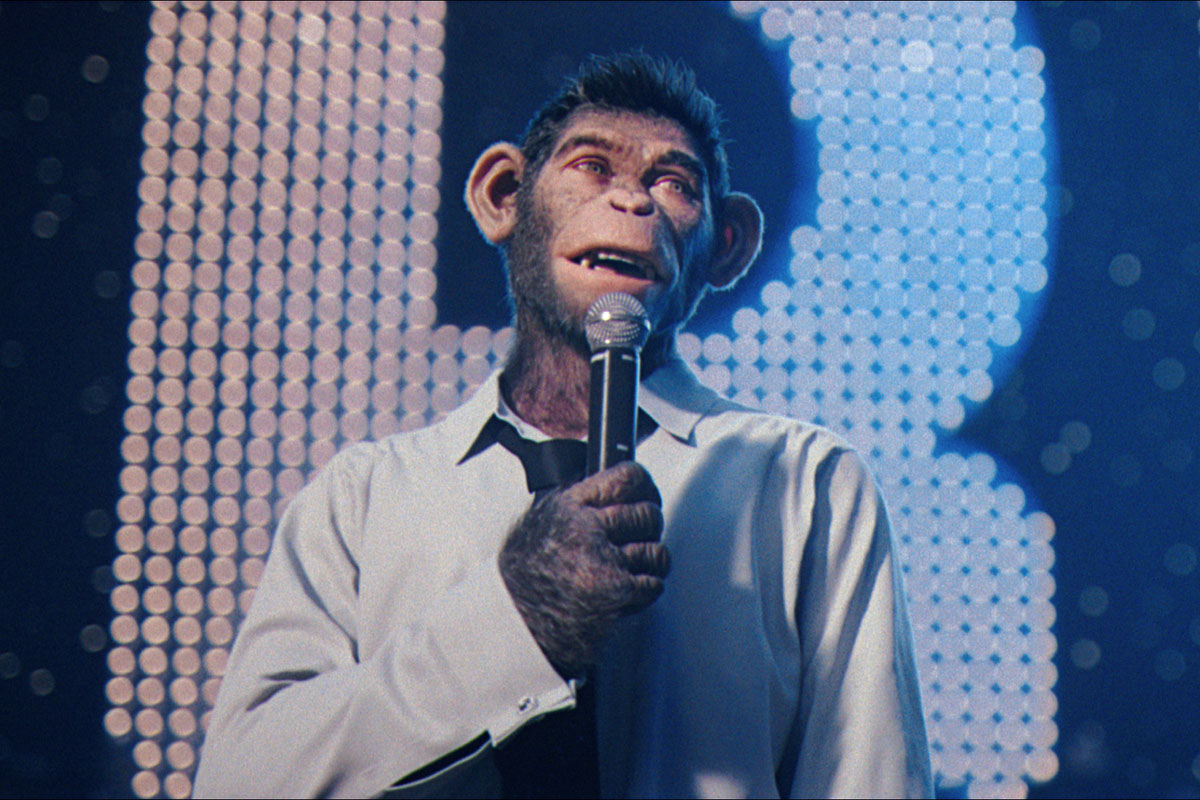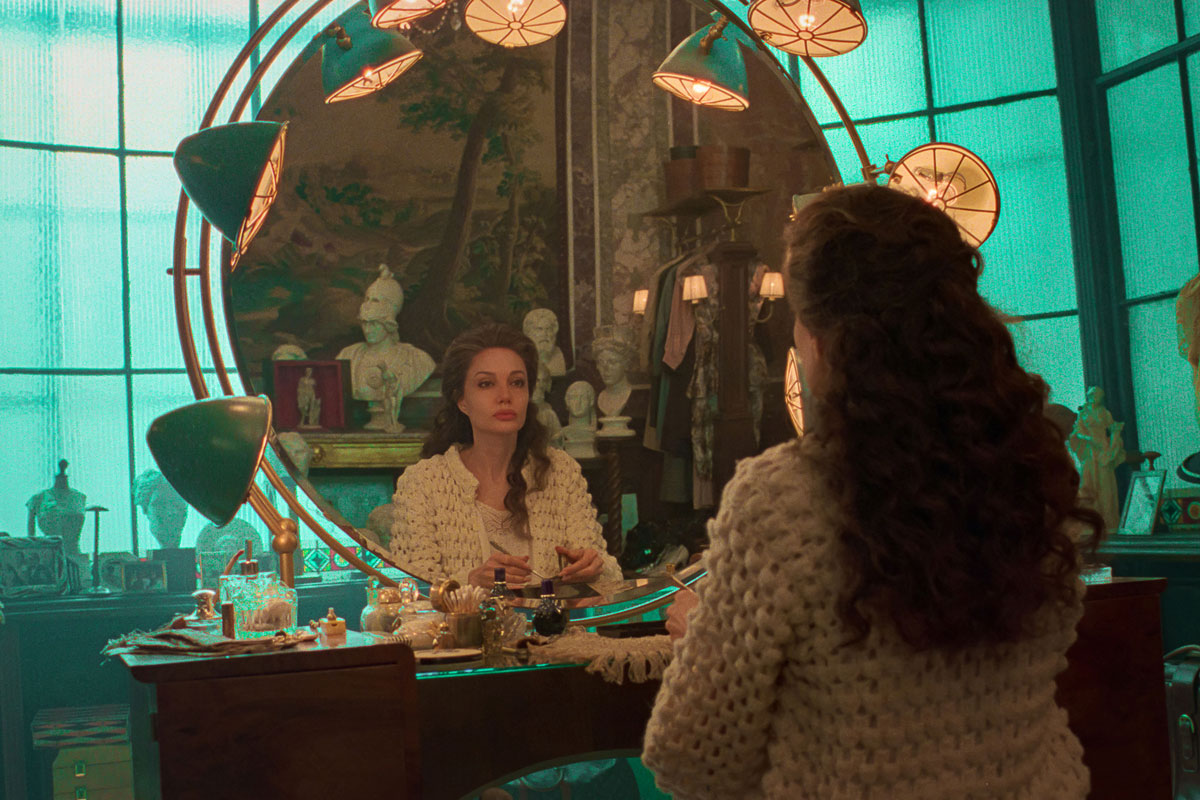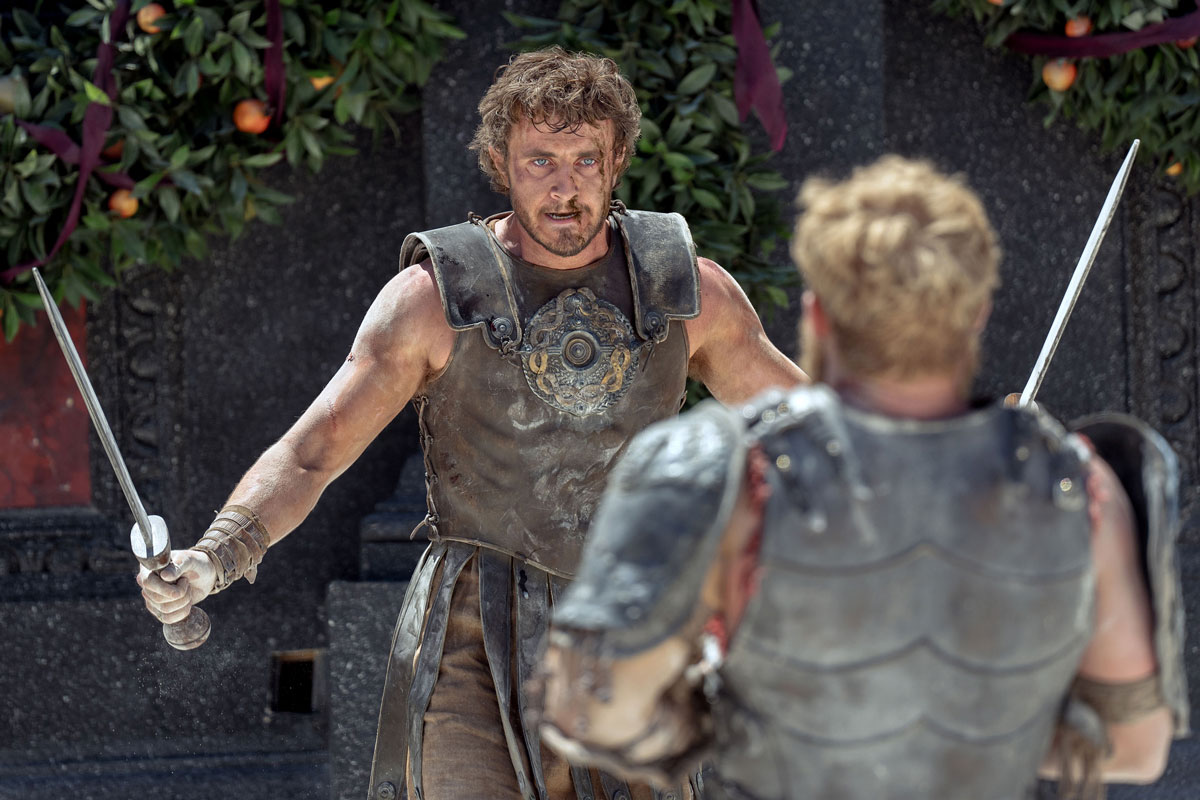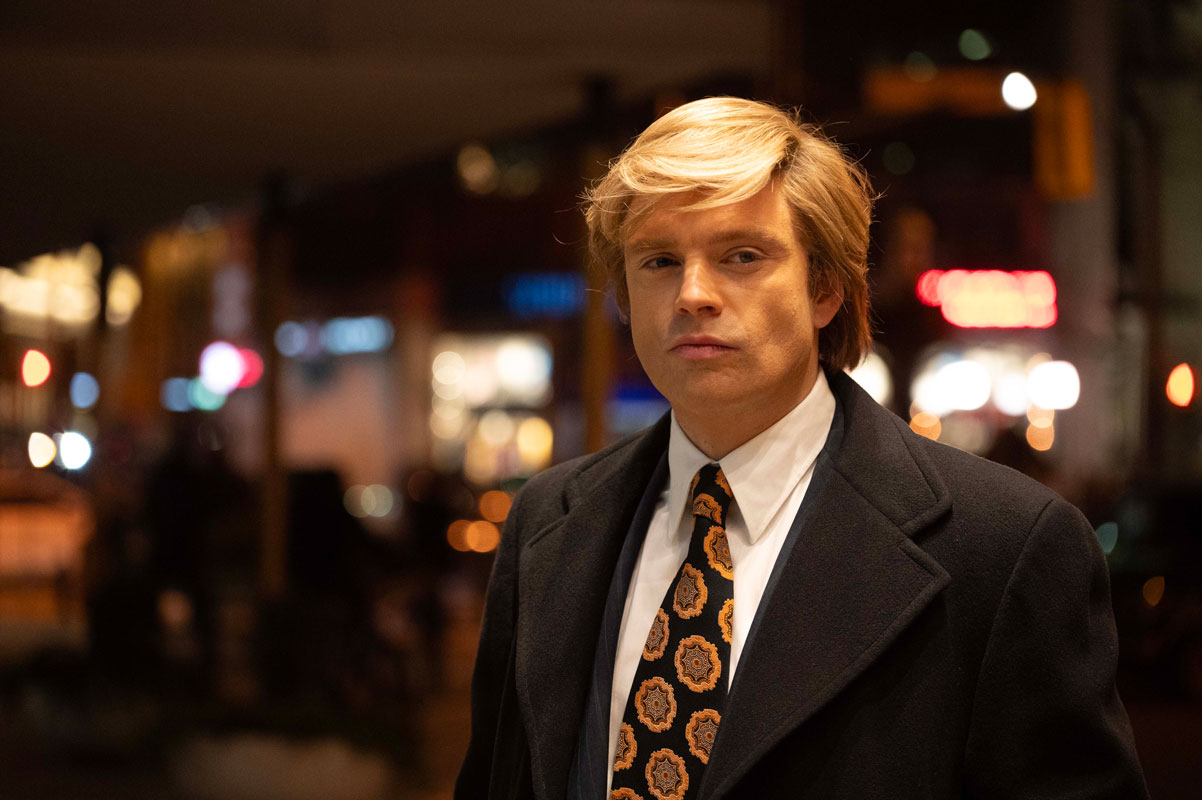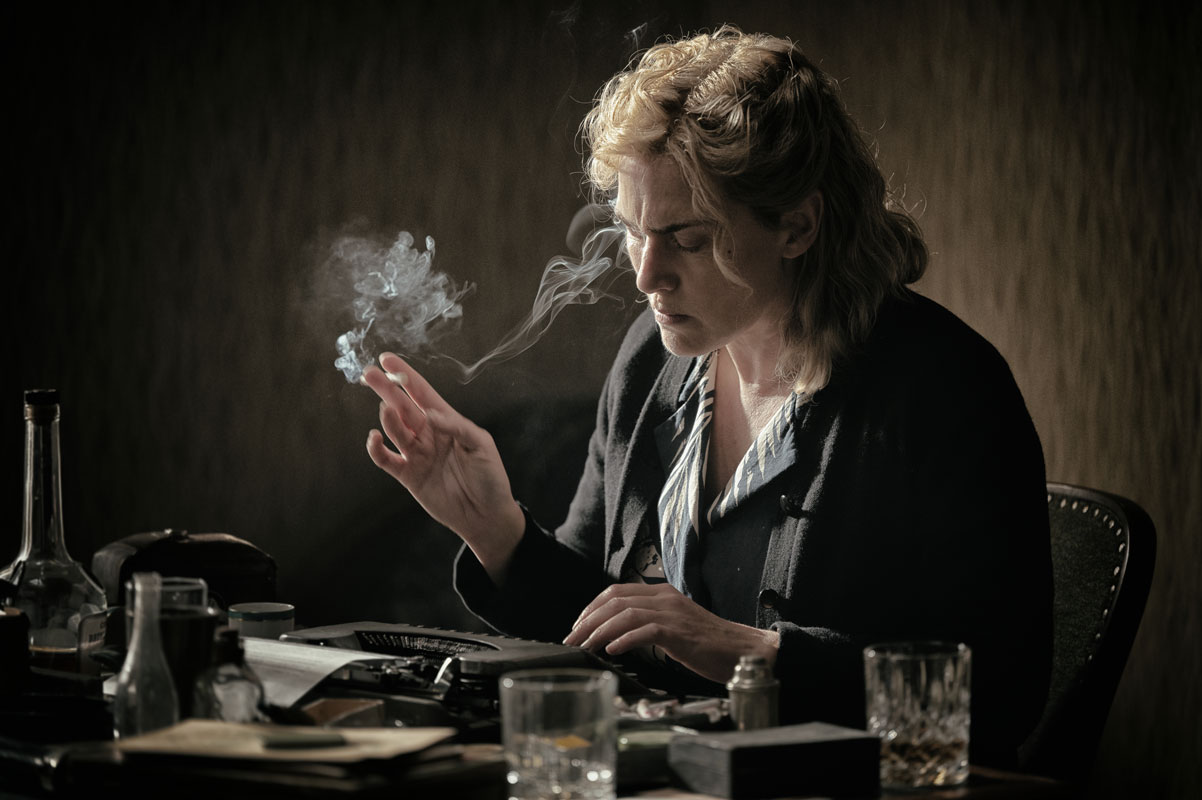Better Man
Let’s get this out of the way: Robbie Williams is not a chimpanzee in real life.
In most parts of the world — except maybe in the US — Williams is a pop music icon. At the turn of the millennium, he graduated from his Take That boyband roots to build his own legacy. Possessing incredible magnetism and charisma, as well as an earthiness that made him feel like ‘one of the guys’, Williams became an intensely likeable and memorable performer.
But he wasn’t just known for his flamboyant persona but also for his bona fide musicality — he wrote and produced tracks ranging from supremely catchy anthems to swooning ballads. In the late ’90s and early noughties — an era where slick, heartthrob boybands dominated the music landscape — Williams felt as real a singular pop star as they came.
Better Man is the story about how Williams came to be Britain’s bad boy of pop. The portrayal of the singer as a CGI monkey might seem outrageous and over the top at first, but there’s a purpose behind it. Director Michael Gracey explains to the BBC: “We’ve got this chance to tell this story, not from the perspective of how we see Rob, but how he sees himself.”
But how much of it is real, and how much is just movie magic? Here, Williams is portrayed as an only child, when, in reality, he has a half-sister named Sally, now known as Sally Symonds, who remains out of the public spotlight.
The crux of Williams’ struggles is his tattered relationship with Peter Conway, his father, played by Steve Pemberton. While the two have performed together several times, Conway did not, in fact, join Williams to sing Frank Sinatra’s “My Way” at the Royal Albert Hall. Williams did perform that song — in 2001, not 2003 like in the film — but it was just him alone on stage.
The film also shows Williams’ time in Take That, during which he was seemingly sidelined while bandmate Gary Barlow stole the lion’s share of the spotlight. However, during the group’s superstar years, he had led the group in songs like “I Found Heaven” and “Could It Be Magic”.
